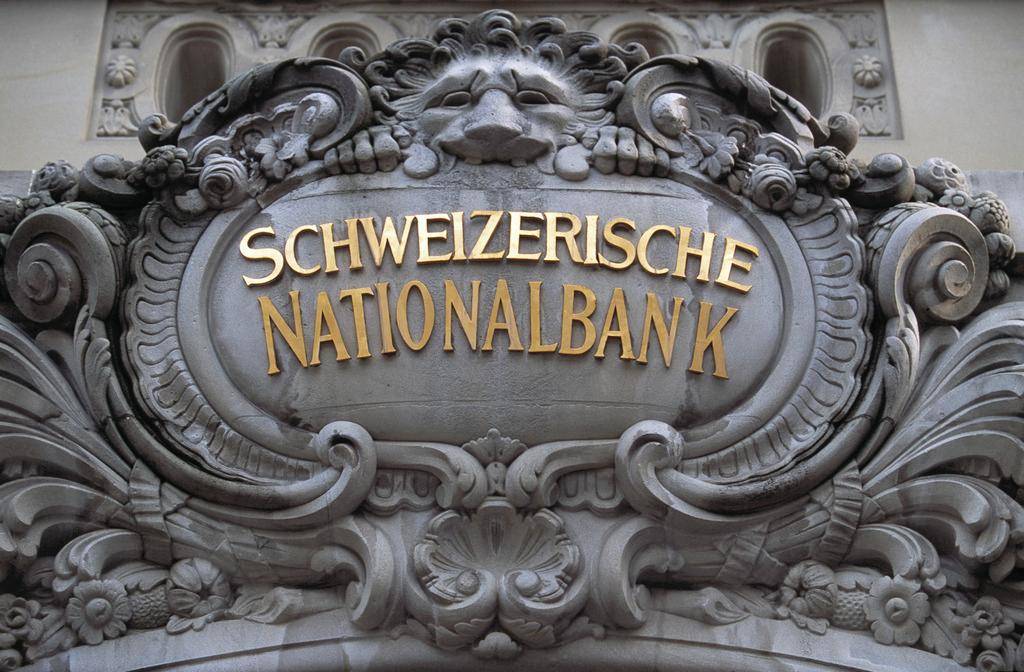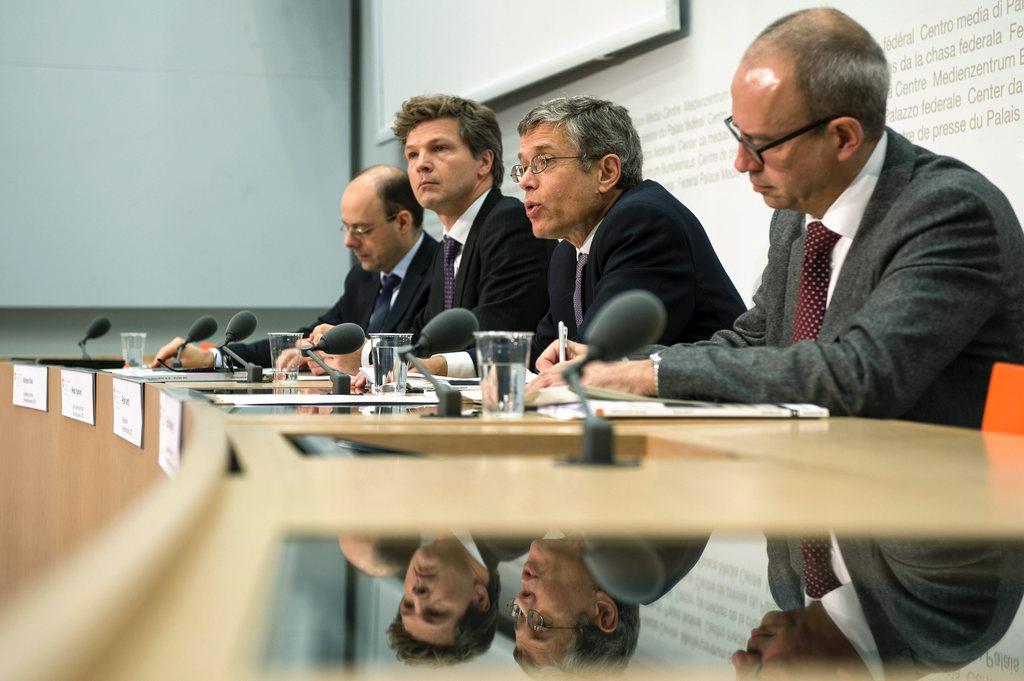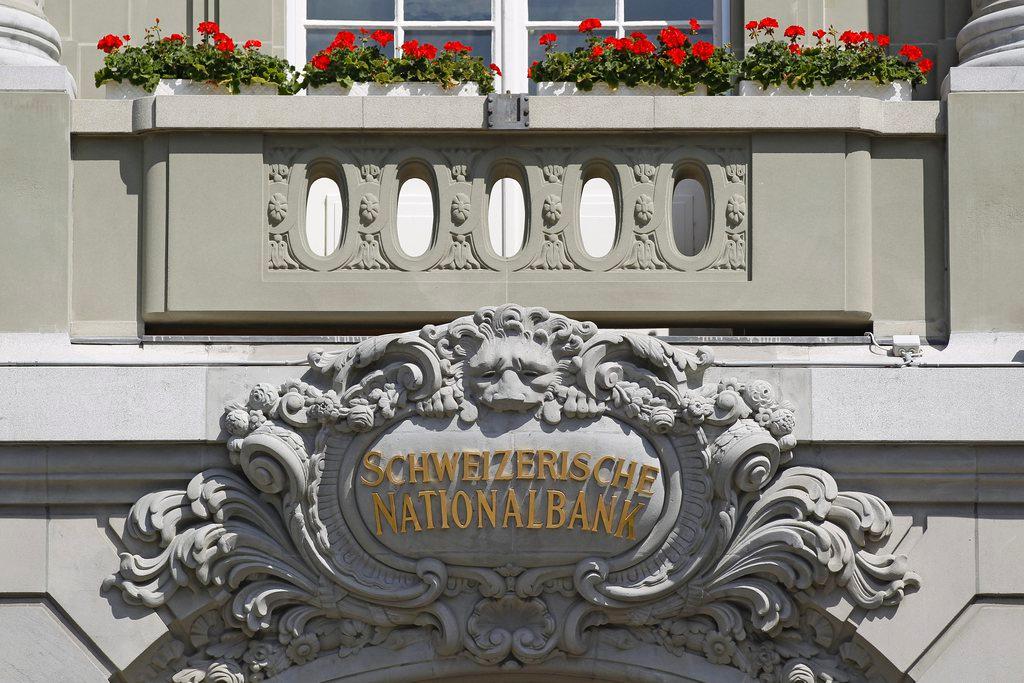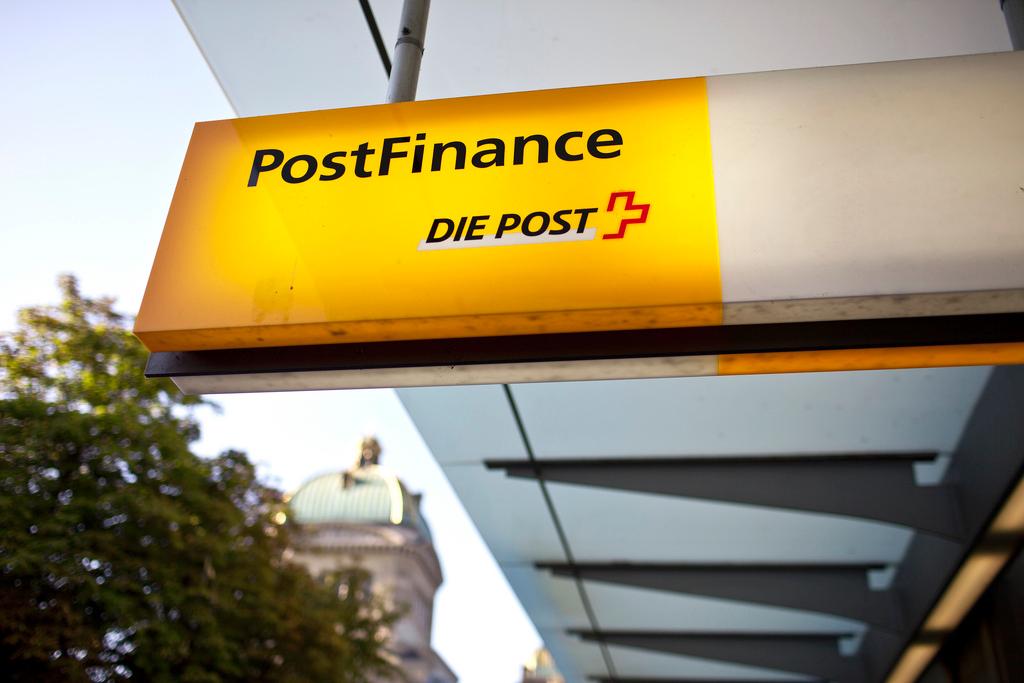‘Sovereign money’ initiative handed in

Voters are set to have the final say on a proposal by a group of activists to reform Swiss monetary policy and to grant the Swiss National Bank (SNB) the exclusive power to create new money.
The independent association Modernising Money (MoMo) on Tuesday handed in 111,819 signatures to force a nationwide vote on the issue. A date for the vote still has to be set but it could take as long as five years.
The group, which includes over 100 activists, wants to make the SNB alone responsible for creating the country’s money – not just coins and banknotes but also so-called “electronic money” that makes up most bank accounts.
MoMo argues that the current fractional reserve system – where banks “create” money each time they issue loans – is unstable because it is secured by reserves representing just a fraction of the currency actually created by the national bank.
The activists claims that only 20% of money created by private banks arrives in the real economy, which creates jobs, goods and services. The remaining 80% is invested on financial markets.
The group, which is supported by around 50 researchers and economists, says that their system would minimise the potential for a banking system collapse as all money would be backed by the SNB.
Public money at risk?
Iceland is also considering the issue of sovereign money. A report produced for Iceland’s parliament suggested such changes as a solution for an unstable system in which the nation’s banks collapsed in 2007.
However, critics argue that these kinds of reform could have negative consequences, including putting public money at risk by making the central bank the most important creditor of commercial banks and by increasing potential for political favouritism.
The Swiss Bankers Association (SBA) said on Tuesday it firmly rejected the initiative, which it said would increase the cost of mortgages and lending.
It said it would also “carelessly and irresponsibly put at risk jobs, tax revenues, the efficient and secure economic system and Switzerland’s prosperity”.

In compliance with the JTI standards
More: SWI swissinfo.ch certified by the Journalism Trust Initiative




You can find an overview of ongoing debates with our journalists here. Please join us!
If you want to start a conversation about a topic raised in this article or want to report factual errors, email us at english@swissinfo.ch.